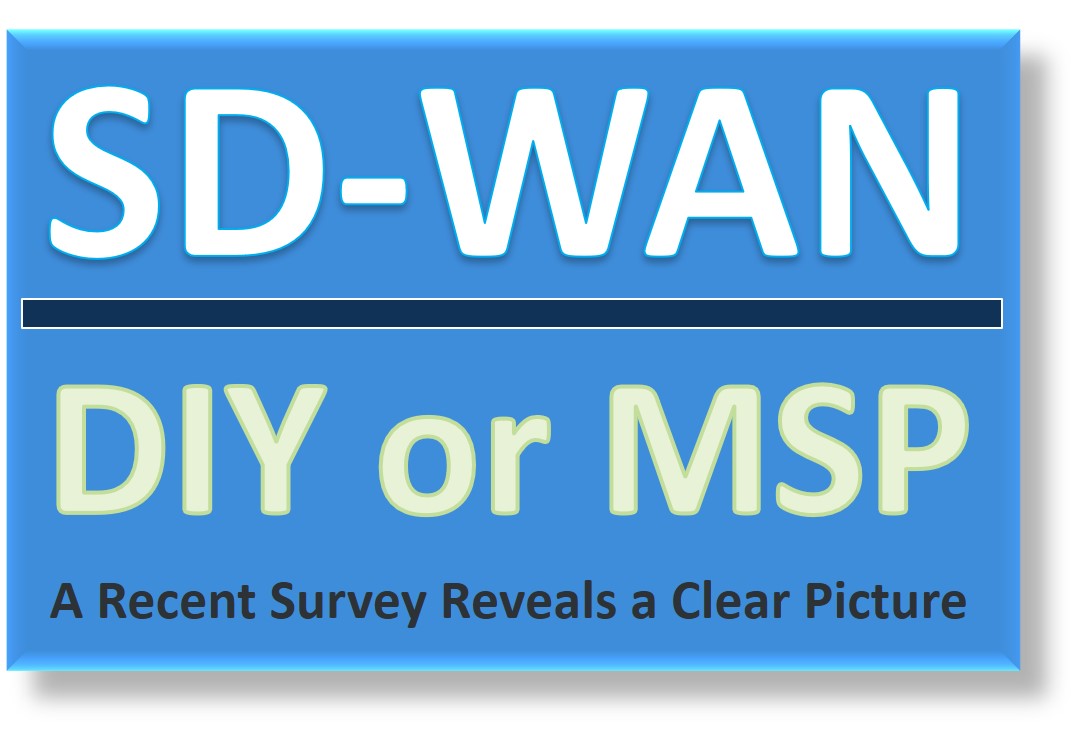Icarus Technical Consulting had invested significant time and energy in to winning a contract from a large local real estate agency. The process had been very competitive, with no fewer than three other IT services companies pitching the agency on different solutions to help manage and protect their IT assets. When the agency called the Account Manager at Icarus to inform her of their decision to work with the company, the entire sales team left work early for a celebratory gathering at a restaurant just down the street. The agency contract was worth a few hundred thousand dollars per year and was an iron-clad three-year agreement.
The Icarus team worked diligently to make sure the engagement started off well. Everything went great the first three months. The agency was happy with the service and Icarus’s management was looking to hire a handful of new technicians to help service the account.
In the fourth month, however, something started to change. The account manager noticed the agency’s invoice was open a week after it was due. He called the agency and was assured it was just an oversight. The check arrived the next week. In the fifth month the same thing happened- only the check didn’t arrive until it was three weeks past due and it was for less than the full amount owed. The AP clerk at the agency said they had laid off a few workers and adjusted the invoice to reflect fewer machines that were being supported. For the sixth month, the general manager of the real estate agency called and to say they thought the contract price was too high and would like to renegotiate before sending payment.
Has your business ever been in this position where a valued client began to turn in to a problem customer? What did you do? In this case, the owner of Icarus Technical Solutions chose to void the contract with the real estate agency. Despite the contract representing a huge windfall for the company, the real estate agency had become a problem customer that didn’t view the Icarus team as a partner in their success but rather a vendor with which to butt heads at every opportunity. Canceling the contract was the only way to avoid having the relationship become irretrievably broken.
Here are five ways to identify if you have a customer that could eventually be a poor fit for your organization. Tomorrow we will look at five ways to actually end the relationship with a toxic customer.
- Financial considerations. By far the most common reason for a separation between IT service provider and client, a discord over money can lead to disaster. Some of the signs to watch for include chronically late payments, attempts to renegotiate pricing after an order is placed or a contract is signed, a lack of communication or a lack of payment all together. Make sure your terms and conditions of payment are clearly laid out prior to beginning work. Allow your client a certain amount of consideration if you like, but remember that you have bills to pay as well. If clients don’t pay on time then you should take it as a sure sign that one of you is going out of business.
- Scope creep. Some clients will genuinely not understand the scope of work you are providing and you should be considerate in educating them. Others will ask for you to perform certain tasks that are clearly not covered in the contract. You should strive to exceed your customer’s expectations as much as possible. But do not allow them to demand you do more work than what is agreed upon.
- Service interference. When a client impedes your ability to do a good job, it is your reputation that suffers. Even worse, you are going to lose both time and money trying to perform at a high level for a client that is getting in your way. If a client is doing things that hinder your ability to work like forgetting to leave machines connected to the internet or modifying settings and configurations that you are responsible for, then you need to explain to them that your work is being impacted. Furthermore, it is important they understand that your time is just as important as their time and you will not allow them to waste it.
- Lack of Communication. In a perfect world, you can do excellent work for your clients without having much dialog beyond the scope of work itself. But in the real world, work relationships are ever-changing and much more organic than that. If you are sending emails that remain unanswered and leaving voice mails that go unreturned then it may be an indicator that your client doesn’t view the work your doing as important. If that is the case, you should find a way to let them know that you don’t expect much of their time and attention, but a mutually beneficial relationship means being able to get in touch with one another in a reasonable fashion.
- Lack of Respect. Some clients will simply never view you as a partner in their success. They will view you and your team as subservient to their wants and needs just because they are writing you a check once a month. The customer may always be “right” but that doesn’t give them license to demean your staff or be inconsiderate towards you and the work you are doing.
I’ve found that most issues with clients and customers can be addressed head-on if you simply watch for the warning signs above. Clients need to view you as a partner working to help their business succeed. In doing so, they should show you the same courtesy and respect that you show them. From communicating professionally to paying bills on time, you aren’t asking much from your clients in return for the amazing value you deliver every day. Click here to learn more about how Mosaic NetworX works with clients to build mutually beneficial partnerships!





